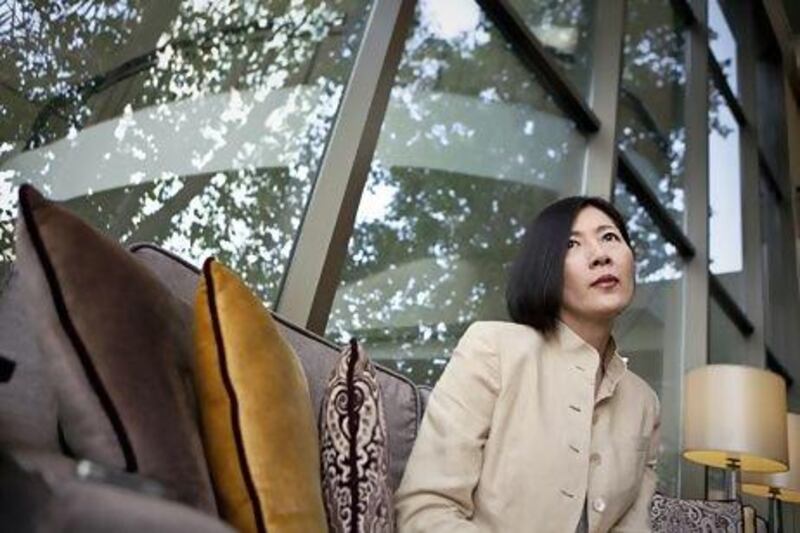Tell someone you have an MBA and there's a very good chance they will know you're talking about a masters in business administration. It's also likely they will have at least an inkling of what gaining that degree involved.
The DBA, or doctorate in business administration, is a lesser-known beast.
Jikyeong Kang, the director of the DBA programme at Manchester Business School in the United Kingdom, was in Abu Dhabi and Dubai last week to hold information seminars about the programme, and to screen executives potentially interested in applying.
So what, for example, is the difference between a DBA and a PhD in business?
"I can first talk about similarities," says the programme chief, who is also professor of marketing at the school. "It requires the same research training, it requires a thesis, and [there is a similar amount of] in-depth information you need to visit. However, a PhD is achieved by making a theoretical contribution whereas a DBA is applying theory to solve a real-world problem."
Depending on the year, between 1,000 and 2,000 people express an interest in applying for the Manchester programme. Of the 100 people who are invited to do so, 30 actually gain places.
Typical candidates will have had six years of management experience.
As well as choosing candidates on their academic and professional track records - applicants must hold a masters as well as a bachelor's degree. One of Prof Kang's main tasks is to assess whether the candidate really will make the time commitment of the 12 to 15 hours per week necessary to gain the qualification. Candidates must also attend three one-week residential courses in Manchester in the first two years of the programme.
To help whittle down numbers, applicants must submit a 3,000-word research proposal. This involves a considerable amount of background reading. "We sometimes give our candidates up to three opportunities to revise," she says.
"Many of our candidates have never written anything like this before. But at the end of the day, we are not writing it for them because it's a little test to see whether they are committed enough to actually allocate time to read and write. Sometimes you have to draw a line and just say: 'If you cannot commit to writing a 3,000-word proposal, no matter how keen you are, the chances are you won't be able to successfully complete the degree.'"
The beauty of the DBA is that people generally want to do it for intrinsic reasons rather than because of outside pressure such as improving their chances of a promotion. People want to improve their research skills and think analytically by solving a concrete problem themselves rather than, say, hiring a consultancy.
Through their in-depth reading, candidates start to appreciate more the academic research that is available.
One candidate, a business veteran of 30 years, told her that he had no idea there was so much useful material out there. Another candidate was able to start asking more demanding questions of the consultancy that conducted his firm's annual customer satisfaction report that for years had produced very similar results.
Prof Kang was previously head of the school's MBA programme. Under her direction, it moved up the FT ranking to 22 in 2007 from 48 in 2002. Her job now is to help keep the doctoral programme at the number one spot on the FT's ranking.
She attributes the MBA ranking improvement to strengthening other aspects of the programme in addition to the academic offering. This resulted in candidates being committed to their work and feeling supported.
Unless something drastic occurs, Prof Kang is confident the DBA programme will stay at the number one or two spot. Her focus now is to cut the number of candidates withdrawing from the programme to almost zero and to disseminate the research results more widely. To this end, she recently promoted a book in the UK on IT and outsourcing that resulted from a Canadian student's thesis.
"I want other people to know what impressive work our students do," she says. I want the research to make "an effect instead of confining the knowledge to the supervisor and the company".





